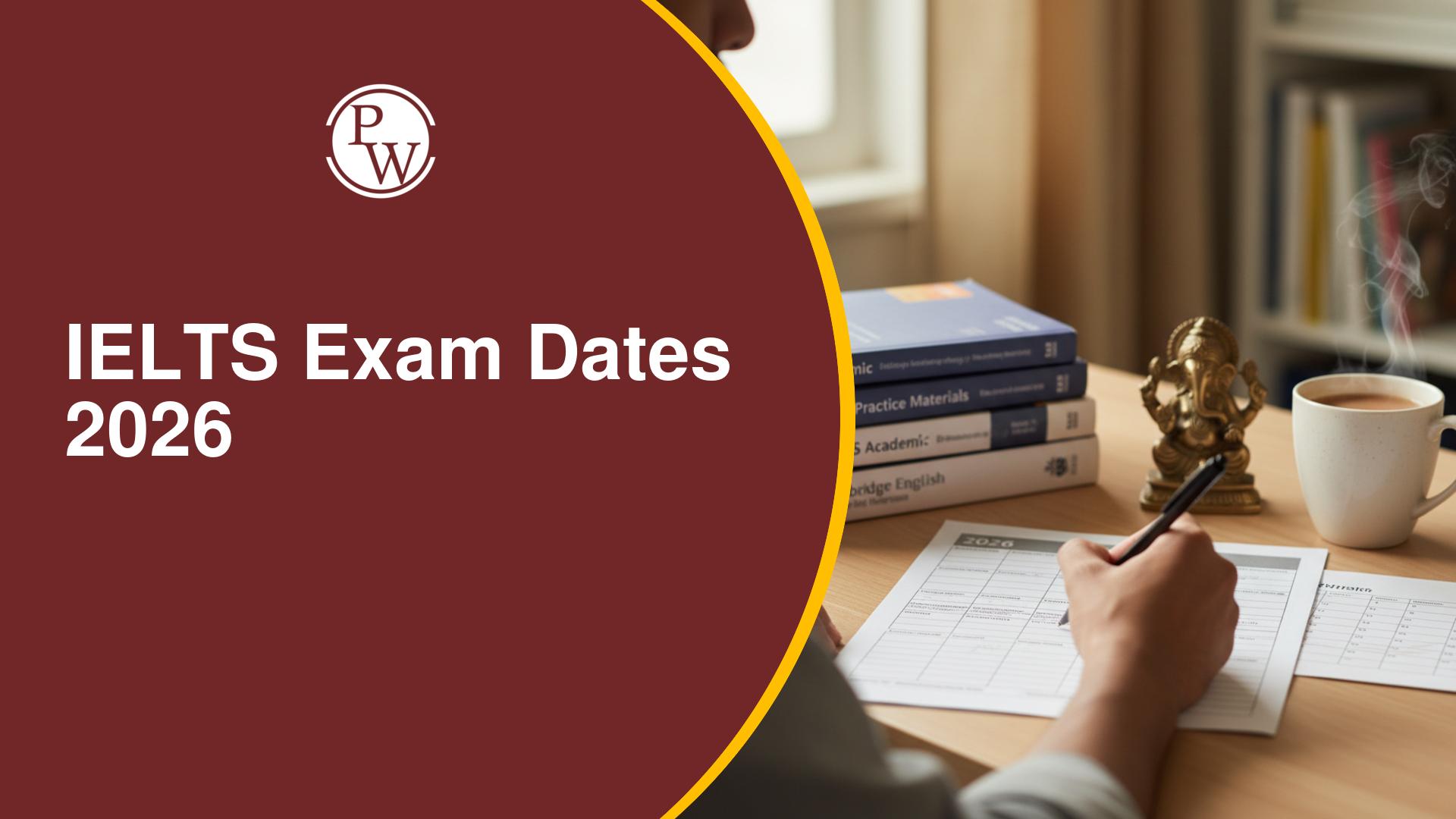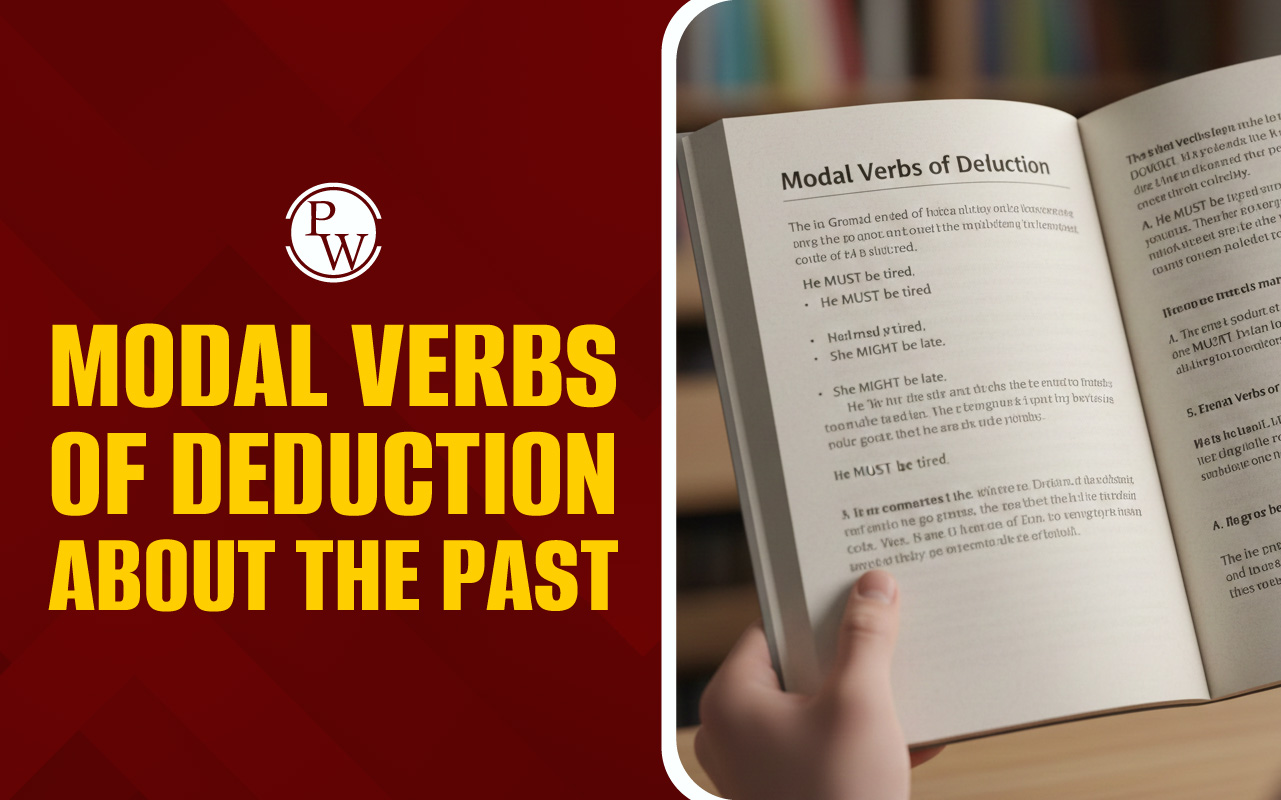
IELTS Speaking Band Descriptors : A speaking band score on the IELTS is assigned on a scale from zero to nine. A student with a band 8 score has very good English proficiency. A score is given for the speaking section of the exam based on four equally valued factors. Pronunciation, vocabulary resources, grammatical variety and correctness, and fluency and coherence are the four requirements for IELTS Speaking Band Descriptors .
The student is evaluated by professional and trained examiners for the Speaking section of the IELTS exam. They carefully evaluate students based on their experience and qualifications. IELTS Speaking band scores , which are released in half and complete bands, vary from 0 to 9 with no negative grading.IELTS Speaking Band Descriptors
The requirements that IELTS has established to examine a student's speaking abilities are known as the IELTS Speaking Band Descriptors. Each requirement is examined and assigned a band score between 0 and 9, where 9 represents the greatest score. The examiner will assess your speaking abilities for both the Academic and General Training versions of the test and will issue a band score for every section using these IELTS speaking band descriptors. It should be noted that the "IELTS speaking band descriptor" is the same for both General Training and Academic. It is divided into the four types listed below.- Coherence and fluency
- Verbal reference
- Accuracy and vocabulary
- Pronunciation.
Fluency and Coherence (FC)
The examiner will review the speaking fluency and consistency in this category. Speaking fluently without hesitating is referred to as fluency in this context. The ability to organize words, concepts, and thoughts logically and proceed to the next point is also referred to as consistency. Students also need to be able to quickly correct themselves when they make a mistake. They will perform well on the IELTS speaking exam if they practice them.- Examples:
- First,
- Second,
- Next,
- Then …
- In addition to
- Furthermore,..
Lexical Resource (LR)
The IELTS examiner will check the terms students use, how well they use them in various contexts (such as singing or singing), and how well they use the proper terms when combining them (e.g. global warming). Their evaluation will also include a look at their abilities to paraphrase when they get stuck for words or phrases. The terms listed below can help them become a better speaker.- State-of-the-art
- Obsolete
- Optimism
- Not rocket science
- Cutting-edge technology
- Intrusive
Grammatical Range and Accuracy (GR)
Accuracy and grammatical diversity are important while speaking on the IELTS. The examiner will use several phrases, such as basic, complicated, and compound, to evaluate the ability to speak grammatically correctly. Make sure students are fluent in all tenses, articles, prepositions, sentence structures, and subject-verb agreement.Pronunciation (P)
In the IELTS exam, pronunciation might make all the difference. The examiner will assess the understanding of the student's speech and pay close attention to the rhythm, intonation, and emphasis in their pronunciation. It's a measure of how well they are understood.How to Improve IELTS Speaking Score
IELTS Speaking Band Descriptor PDF download
Both IELTS Speaking examinations (Academic and General Training) use the same band descriptions. This page will provide you with a PDF of the IELTS Speaking band description so that you can more easily understand it.IELTS Speaking Band Chart
The arithmetic mean is used to calculate the IELTS speaking band score table. If a student receives 8, 6, 8, and 6 band scores for each criterion, fluency and consistency, pronunciation, vocabulary resource, and grammar and correctness - the overall IELTS speaking score is calculated as 8+6+8+6 = 24 and divided by 4 = 7, for example. The speaking band score pattern for the IELTS is shown below.| IELTS Speaking Band Chart | ||
| S. No | Speaking Assessment Criteria | Band Score |
| 1 | Fluency and coherence | 8 |
| 2 | Pronunciation | 6 |
| 3 | Lexical Resource | 8 |
| 4 | Grammatical Range and Accuracy | 6 |
| Total IELTS Speaking Score | 7 | |
IELTS Speaking Band Descriptors Section-Wise
Candidates must participate in PW's IELTS online coaching to achieve a band score of 8 or above on the IELTS exam. The following are the IELTS speaking band descriptors. A brief description of each evaluation criterion based on the band score is given for simplicity.| IELTS Speaking Band Descriptors Section-Wise | ||||
| Band | Fluency and Coherence | Lexical Resource | Grammatical Range and Accuracy | Pronunciation |
| 9 | Communicates clearly and concisely, focusing on the subject rather than word choice or language. Has a coordinated voice with a suitable accent. Carefully and suitably explore subjects | Shows accurate and varied vocabulary across all subjects, uses phrases and sentences without error | Uses a wide variety of structures comfortably, and continually creates accurate structures apart from small "slips" common of speaking by native English speakers. | It maintains how to use features consistently, uses a wide variety of pronunciations with correct accuracy and variation, and is simple to understand. |
| 8 | Talks clearly, but rarely repeats herself, Hesitation is rarely caused by a lack of words, instead, it usually refers to the material. Develop themes that make sense. | Uses a large range of language flexibly to communicate the correct meaning. Employs precise, rarely incorrect usage of less common and idiomatic terms. Effectively uses paraphrasing as necessary. | Proficiently uses a variety of structures Usually produces sentences free of errors, but rarely makes mistakes in simple or non-systematic sentences. | Speaks with flexibility, making occasional errors, and using several pronunciations, can comprehend the full speech, L1 accents have less of an impact on intelligibility. |
| 7 | Uses several flexible connective words and indicators, Talk clearly and consistently, sometimes there may be hesitation or self-correction about language. | Uses a flexible approach when using language resources to communicate various themes Increases awareness of style and collocation by using specialized, common, and less common terminology. Some decisions might not be the best ones. Effectively paraphrases sentences. | Creates sentences that are frequently error-free, while some grammatical errors still happen, Uses several complex phrase patterns with little flexibility | It includes all of Band 6's advantages but leaves out some of Band 8's advantages. |
| 6 | Wants to talk for a long period, but sometimes lacks consistency because of self-correction, repetition, or hesitation, uses a set of connective words and markers, but they aren't always suitable | Has a sufficient vocabulary to discuss subjects fully and form coherent sentences even when they contain errors. Students usually paraphrase | Could make many errors with complicated structures, they just cause understanding issues Uses both basic and complex structures, but with less flexibility | Can be understood to some level, yet mispronounced words or sounds may create intelligibility issues Offers a few excellent functions but is inconsistent in its usage of pronunciation features; |
| 5 | Speaks with decent flow but uses self-correction, repetition, and/or slow speaking to understand things said. Speak simply and easily; you may struggle with complicated sentence fluency; Use of some connective words and discourse markers | Able to use terms more freely while speaking about both known and new subjects Able to appropriately but poorly paraphrase | It produces simple sentences with a low degree of correctness and uses a smaller variety of complex language structures, but these can contain faults that cause understanding problems. | It shows all of Band 4's good qualities as well as some of Band 6's. |
| 4 | Communicate slowly and find it difficult to communicate without pausing, repeating things, and correcting yourself. Putting simple words together with simple connectives while sometimes experiencing consistency breakdowns | Can discuss things that are known to them, but struggle to explain novel subjects and frequently use the wrong words, rarely try to paraphrase | It creates some accurate short phrases and very basic sentence patterns, but rarely does it develop secondary structures, errors are common and readily cause misunderstandings. | Makes less use of pronunciation characteristics Tries to control features but frequently fails Regularly mispronounces words, which presents difficulties for the examiner (listener). |
| 3 | Uses simplistic replies and is unable to express the essential point, Stops excessively while speaking Struggles to connect simple statements | Use fairly little vocabulary for less familiar subjects. Use simple language when discussing personal information | It talks primarily about words that are memorized or provide simple sentence structures with a low success rate. Common mistakes on topics other than remembered phrases | It shows some of Band 2's characteristics and some of Band 4's advantages. |
| 2 | Pauses for a long time between most words and communicates relatively little | Just makes use of single words or words from memory | Don't provide simple sentence structures | Most communication is unclear |
| 1 | Use meaningless language, There is absolutely no communication | |||
| 0 | Did not attend | |||
IELTS Speaking Band Descriptors FAQs
Q1- What are band descriptors in speaking?
Ans- The IELTS speaking band descriptors are a group of assessment criteria that are used to measure a student's performance and provide a score that varies from zero (0) to nine (9). These criteria include fluency and coherence (FC), pronunciation (P), lexical resource (LR), and grammatical range and accuracy (GR).
Q2- Is 6.5 A good score in IELTS speaking?
Ans- An IELTS speaking band score of 6.5 is considered good. It proves a student's "fluency" to the relevant authority. It might not be enough to obtain a study visa for nations such as the US, Canada, Australia, etc.
Q3- How do IELTS speaking scores are calculated?
Ans- The only method used for calculating the IELTS speaking exam results is an arithmetic mean. 7 plus 7 plus 6 plus 8 equals 28 if a student has earned scores of 7, 7, 6, and 8 across all IELTS speaking criteria. The result is 7 when divided by 4.
Q4- Can I retake IELTS Speaking only?
Ans- No. Speaking only on the IELTS cannot be retaken. All four IELTS sections speaking, listening, reading, and writing need to be retaken.
Q5- How can I get 8.5 in IELTS Speaking?
Ans- Practice, practice, practice until students understand the lexical resources, grammatical structure, word flexibility, and English accent. Review the performance with an IELTS professional who can guide students appropriately, and take further IELTS speaking sample exams to help students get an 8.5 band score in IELTS speaking.
Q6- Which part has more weightage in IELTS speaking?
Ans- The third speaking section of the IELTS has more importance than the other sections. Improving vocabulary, grammar, pronunciation, and fluency can help students score higher on the speaking section of the exam.
Q7 - Is speaking on the IELTS scored right away?
Ans - The IELTS speaking exam consists of three parts along with a face-to-face 11–14 minute interview with a single examiner. The exam is recorded, but as soon as it's over, the examiner evaluates your performance to determine your band score.
Q8 - IELTS 6 is acceptable?
Ans - It provides an overview of your abilities in English. A score of 7.0 or above is considered "good" overall. One can actually characterize band 7.0 as a "good user," band 8.0 as a "very good user," and band 9.0 as an "expert" user. Still, a 6.0 is considered a "competent" user.
Talk to a counsellorHave doubts? Our support team will be happy to assist you!

Check out these Related Articles
Free Learning Resources
PW Books
Notes (Class 10-12)
PW Study Materials
Notes (Class 6-9)
Ncert Solutions
Govt Exams
Class 6th to 12th Online Courses
Govt Job Exams Courses
UPSC Coaching
Defence Exam Coaching
Gate Exam Coaching
Other Exams
Know about Physics Wallah
Physics Wallah is an Indian edtech platform that provides accessible & comprehensive learning experiences to students from Class 6th to postgraduate level. We also provide extensive NCERT solutions, sample paper, NEET, JEE Mains, BITSAT previous year papers & more such resources to students. Physics Wallah also caters to over 3.5 million registered students and over 78 lakh+ Youtube subscribers with 4.8 rating on its app.
We Stand Out because
We provide students with intensive courses with India’s qualified & experienced faculties & mentors. PW strives to make the learning experience comprehensive and accessible for students of all sections of society. We believe in empowering every single student who couldn't dream of a good career in engineering and medical field earlier.
Our Key Focus Areas
Physics Wallah's main focus is to make the learning experience as economical as possible for all students. With our affordable courses like Lakshya, Udaan and Arjuna and many others, we have been able to provide a platform for lakhs of aspirants. From providing Chemistry, Maths, Physics formula to giving e-books of eminent authors like RD Sharma, RS Aggarwal and Lakhmir Singh, PW focuses on every single student's need for preparation.
What Makes Us Different
Physics Wallah strives to develop a comprehensive pedagogical structure for students, where they get a state-of-the-art learning experience with study material and resources. Apart from catering students preparing for JEE Mains and NEET, PW also provides study material for each state board like Uttar Pradesh, Bihar, and others
Copyright © 2026 Physicswallah Limited All rights reserved.






